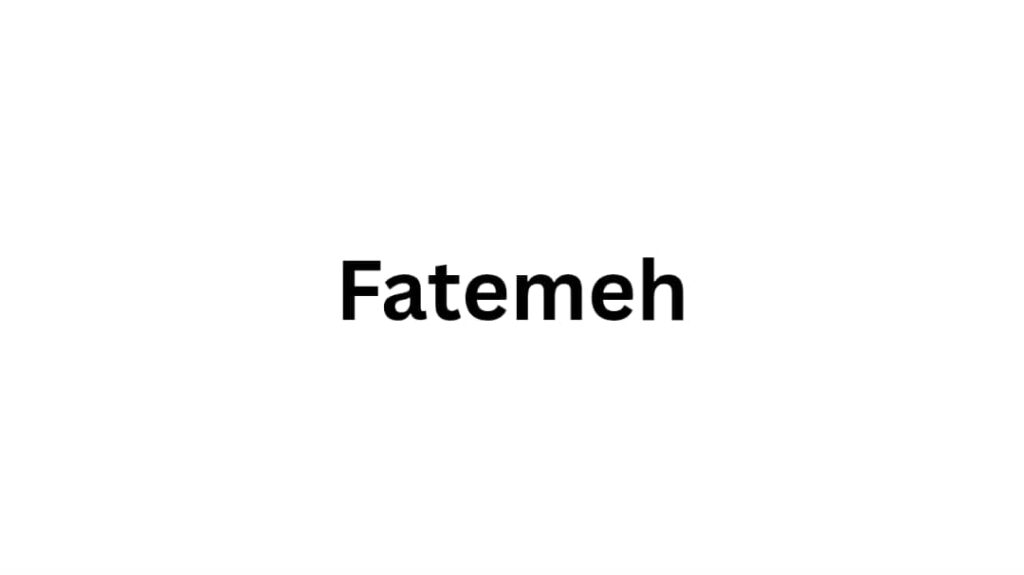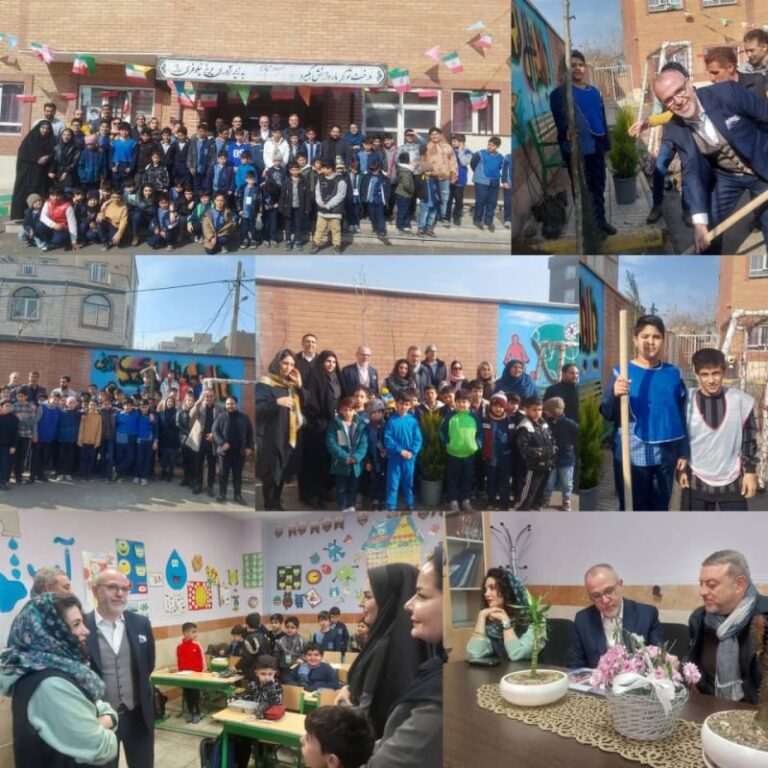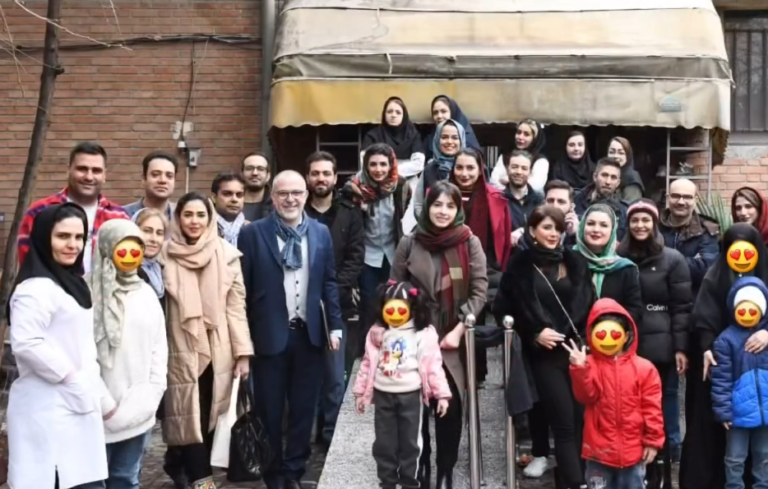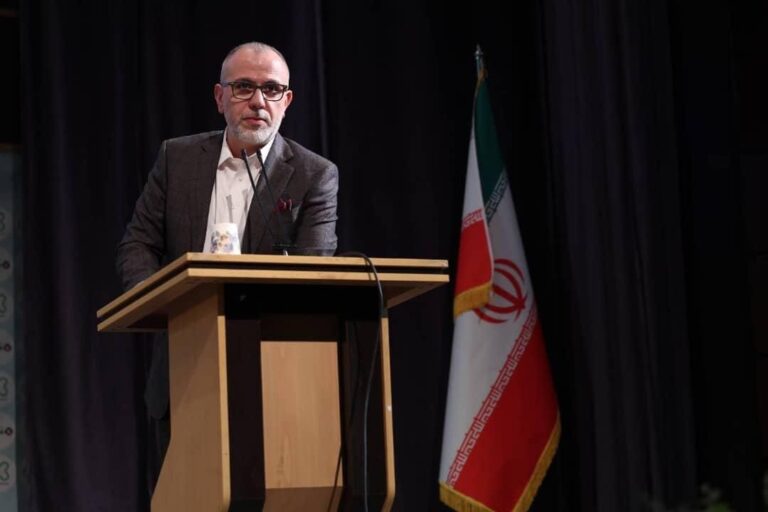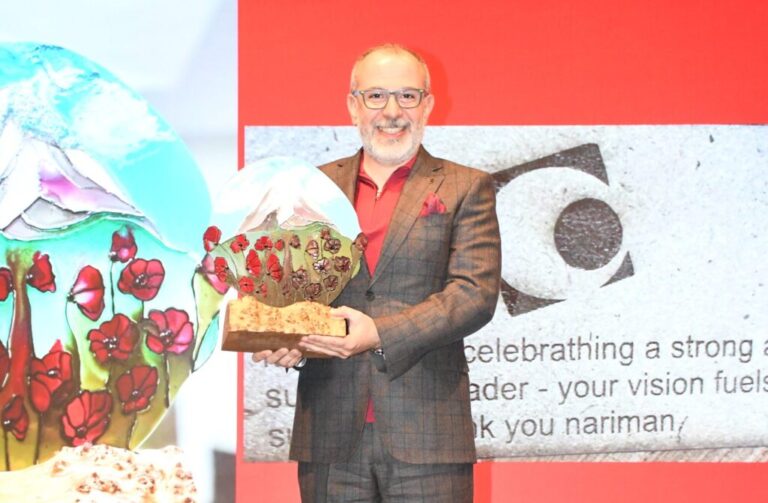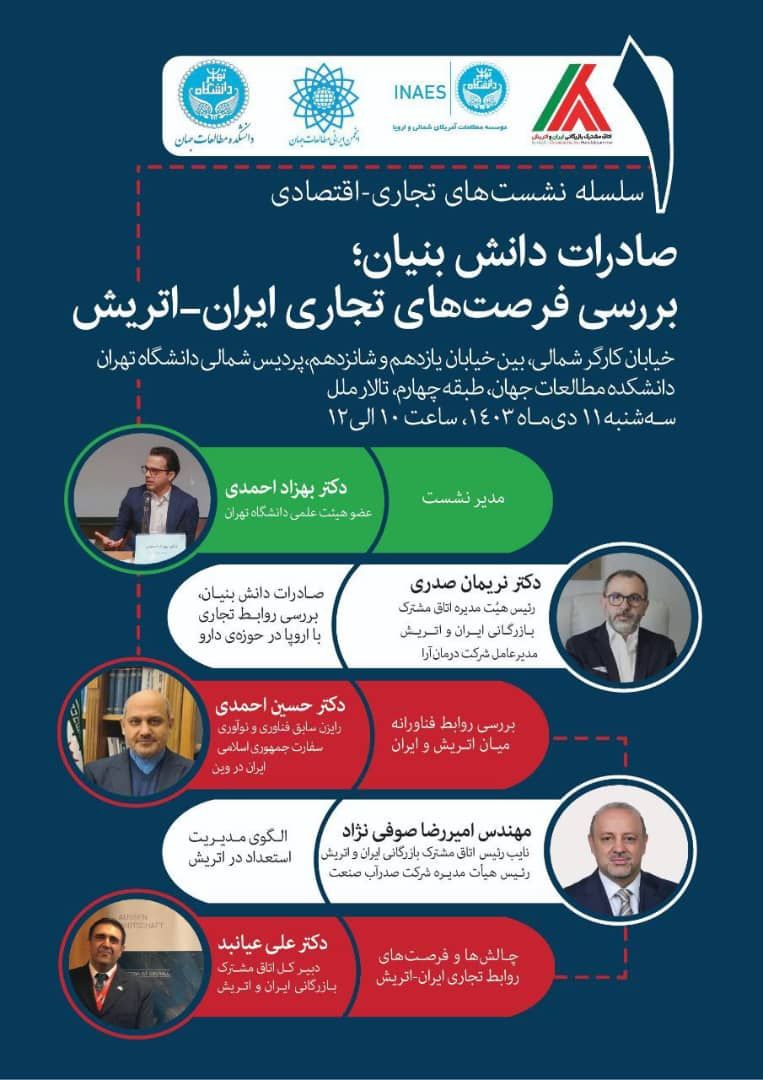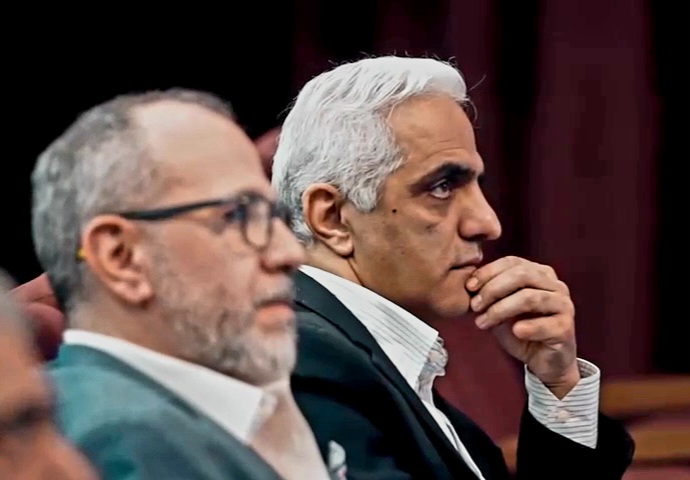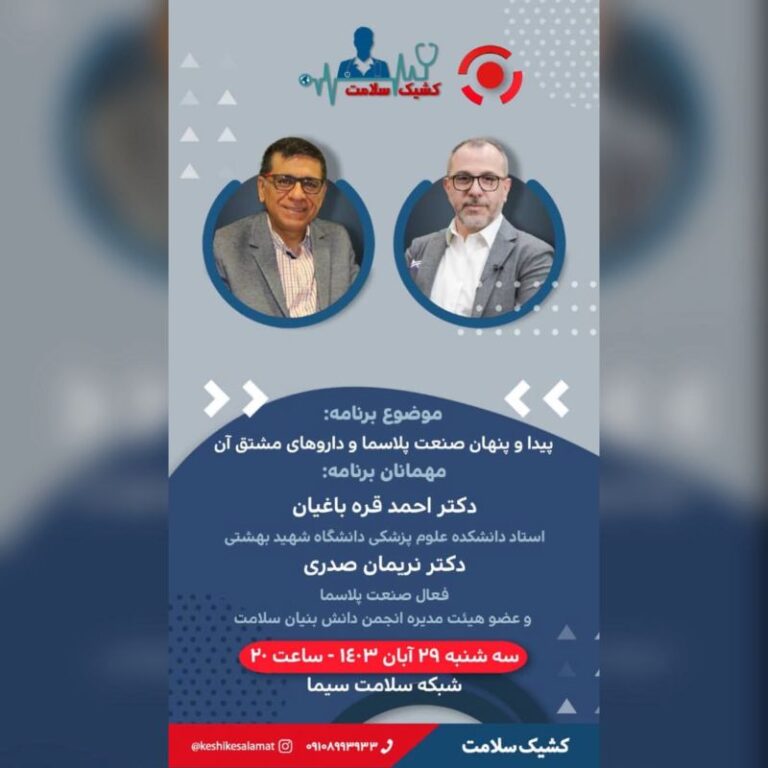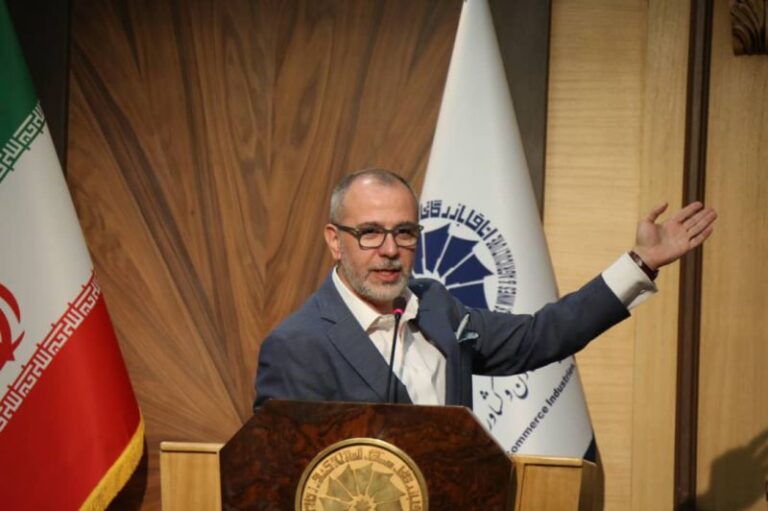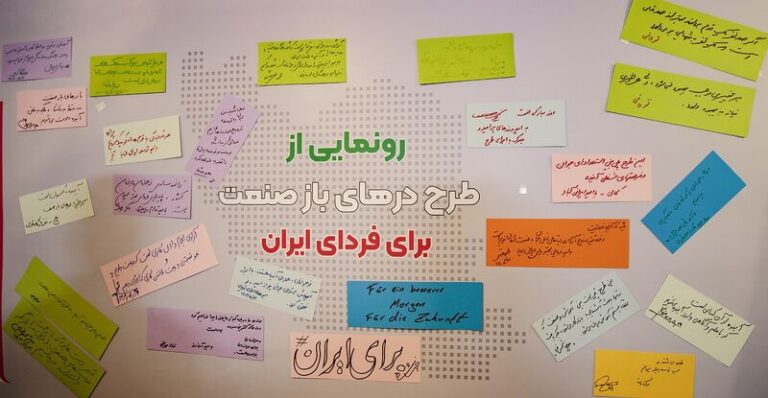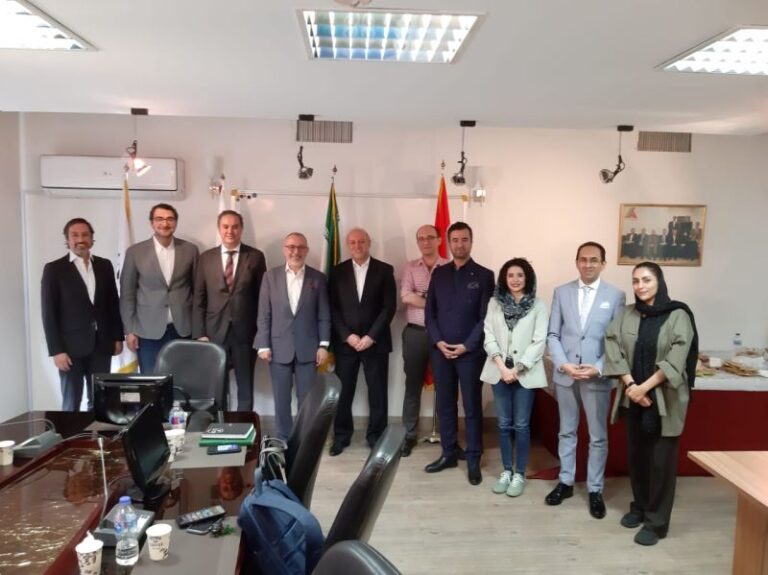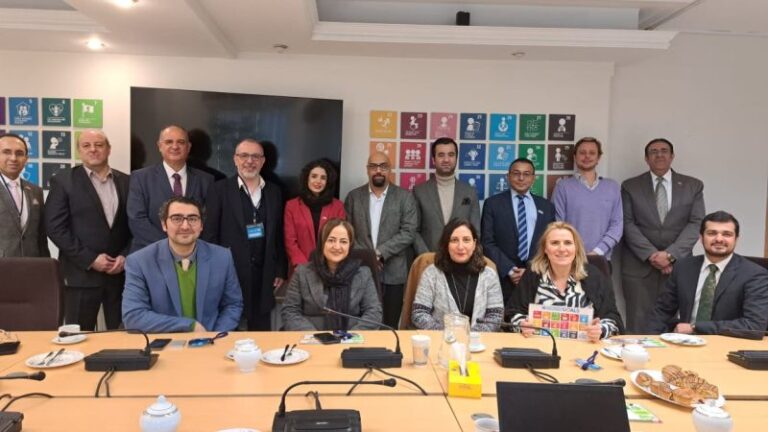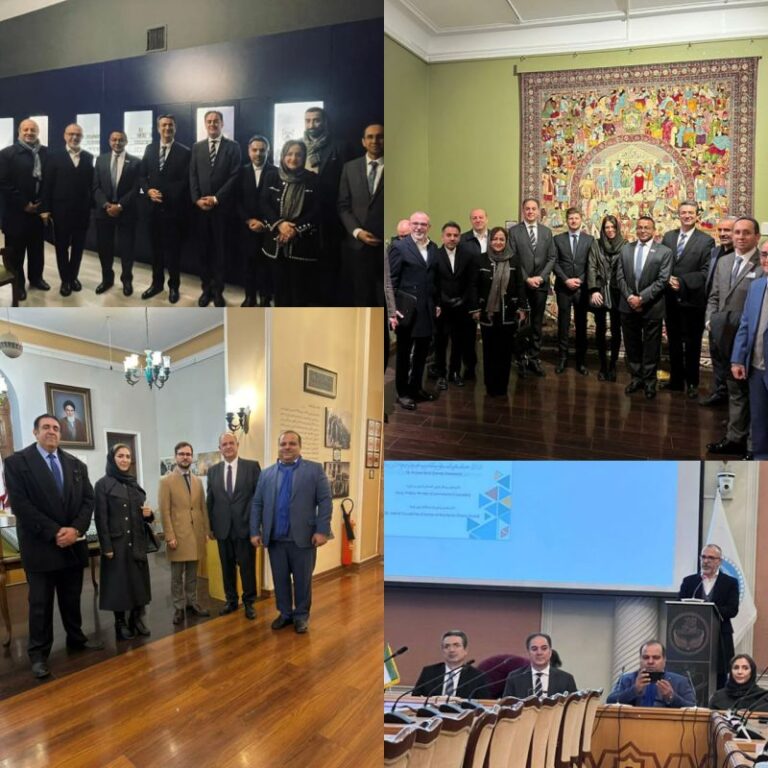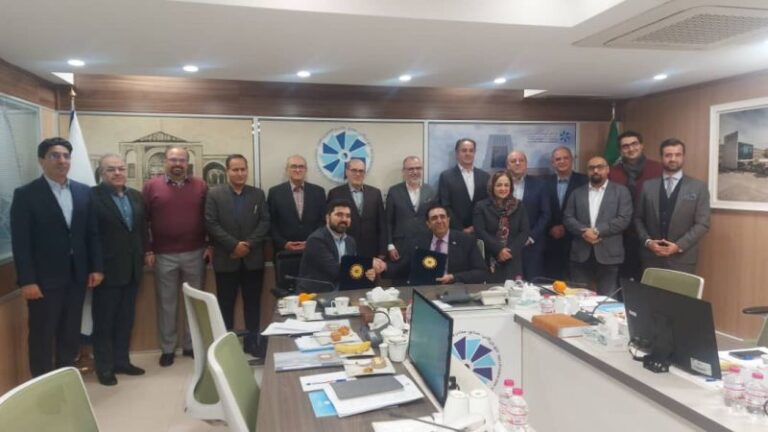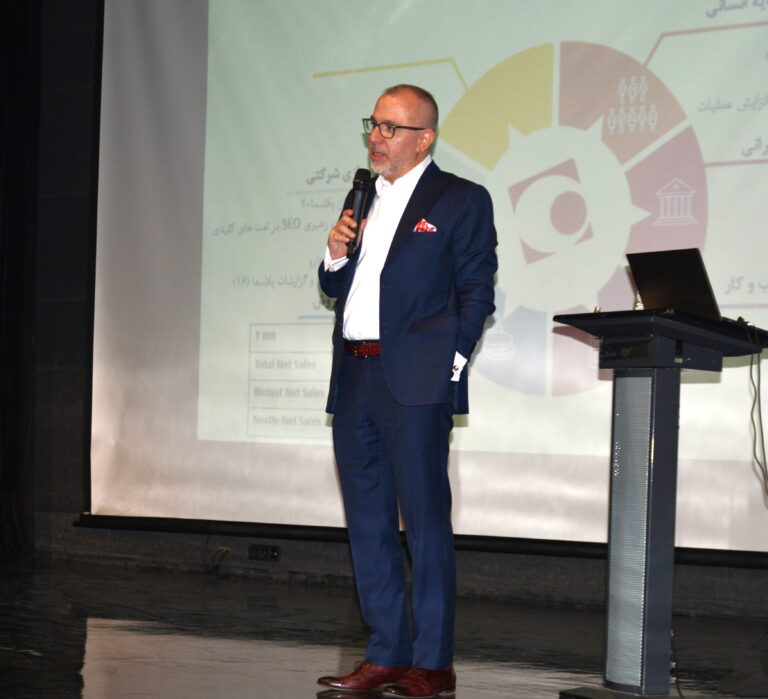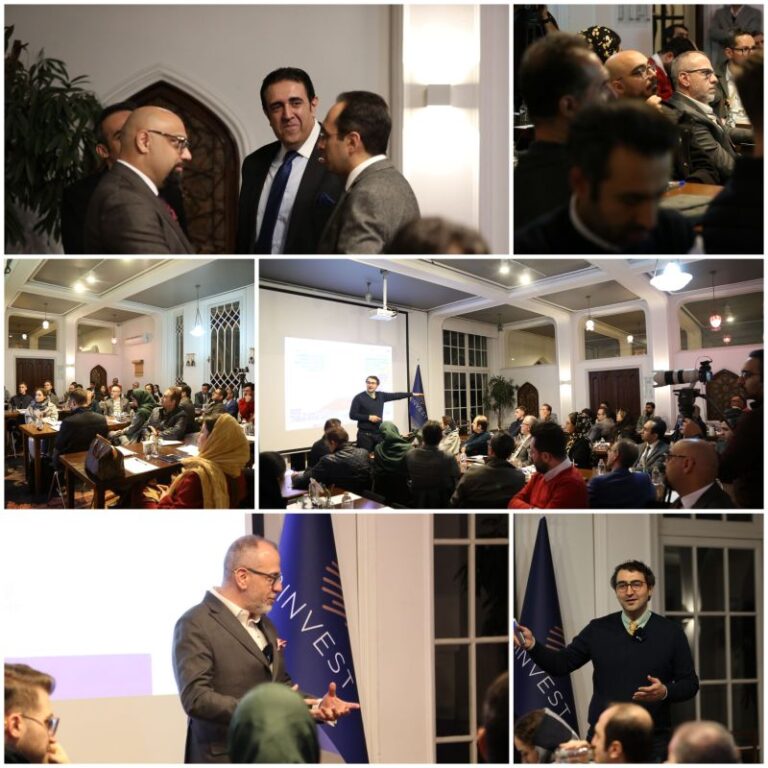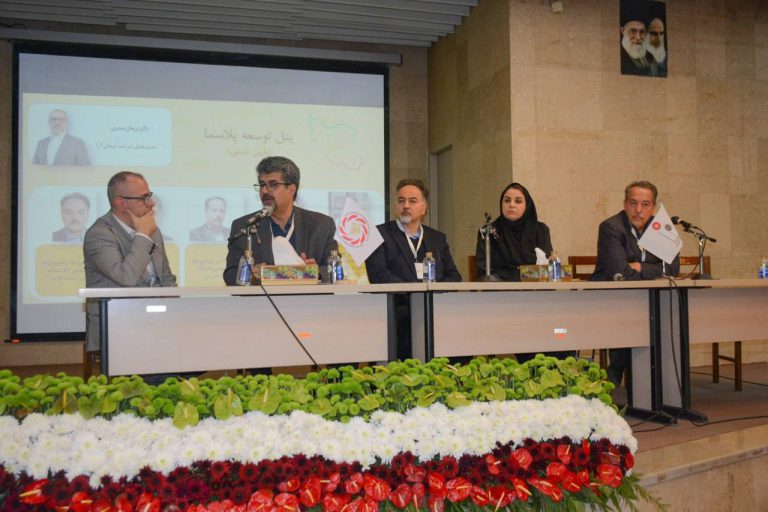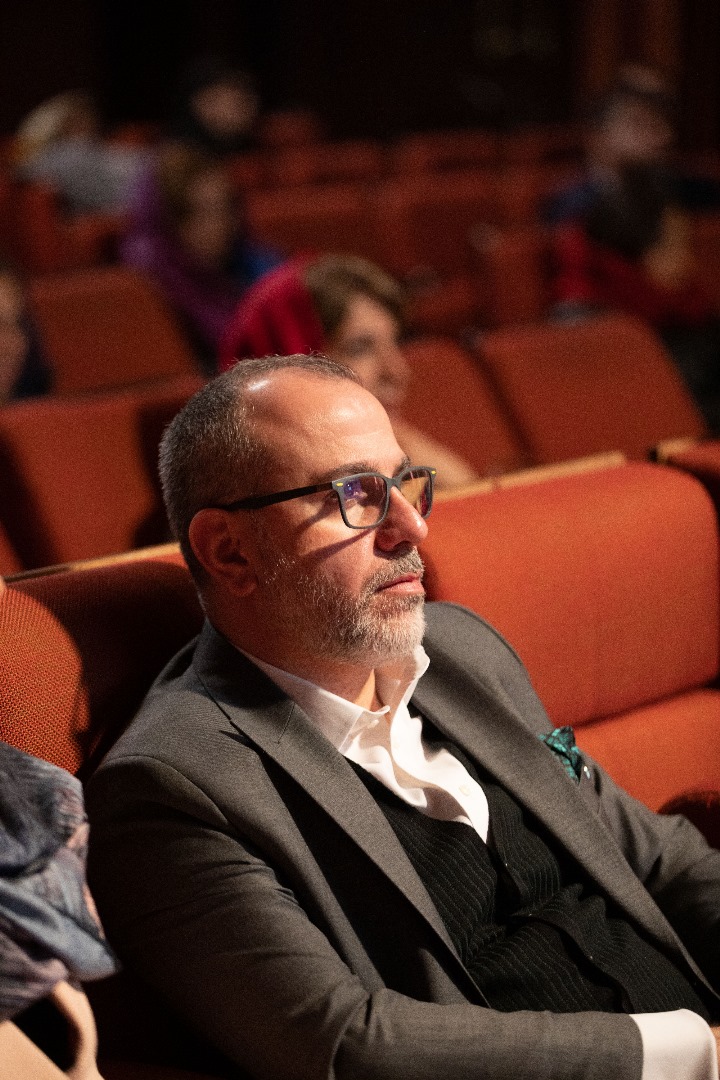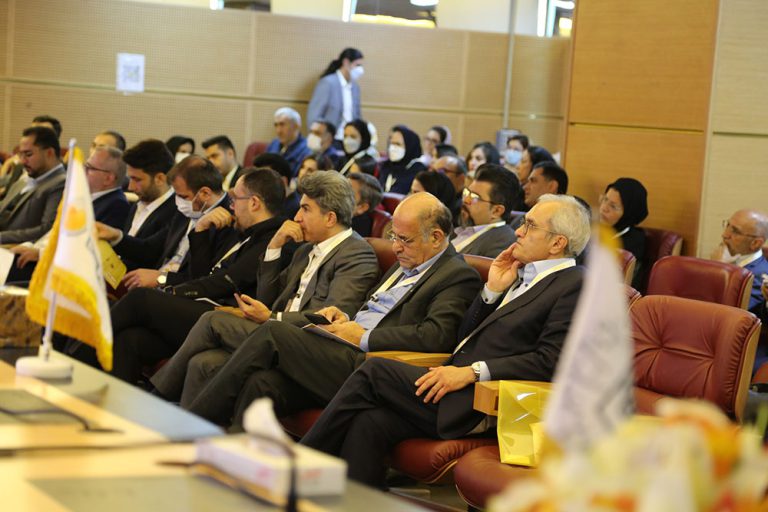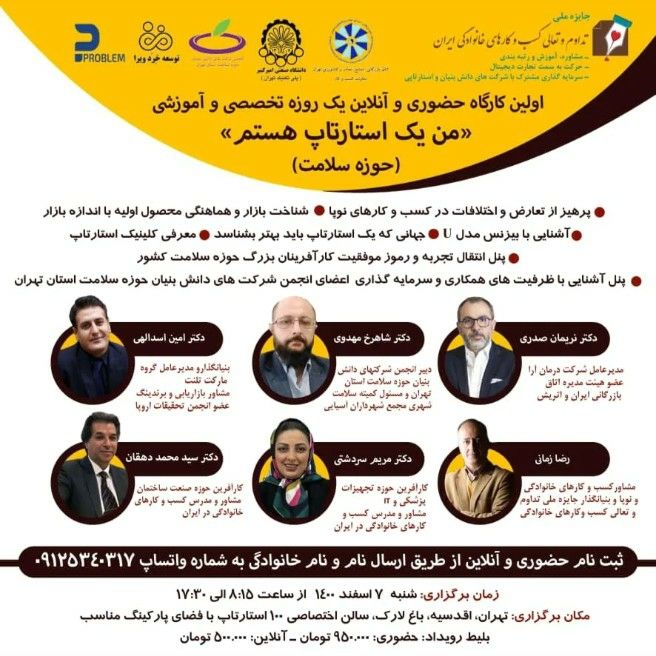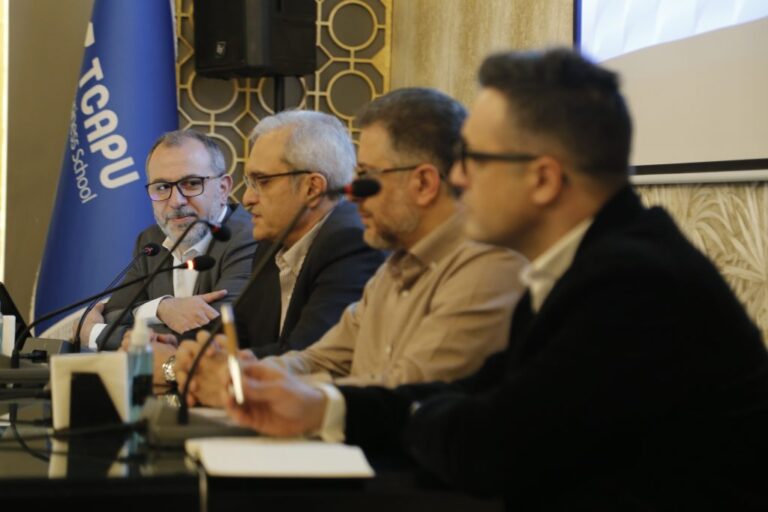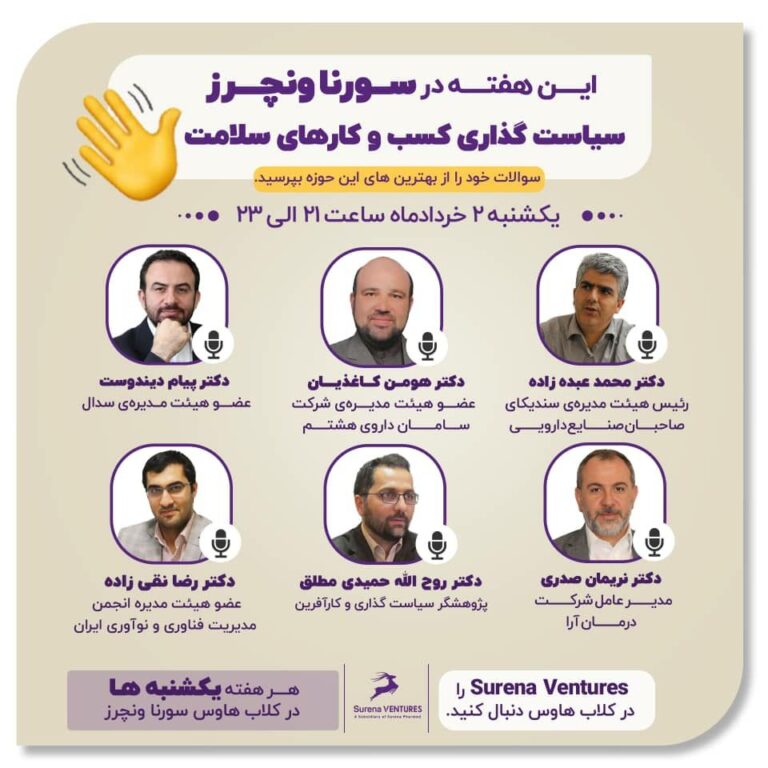It’s been two and a half years since I last wrote a blog post. I simply didn’t have the heart to write. In these past years, we’ve been swept up in a wave of daily tragedies and bad news it’s been incredibly difficult for me to put my bitter and sweet lived experiences into words.
But it seems this Nowruz has rekindled my desire to write once more.
In the final days of the year, I listened to a new episode of the Ecotopia podcast by Pouria Bakhtiari, which stayed with me for days. He spoke of the “Great Famine,” a dark and forgotten period in Iran during the last decade of the 13th solar century (early 20th century). Years in which poor governance, war, natural disasters, and disease joined forces to drag Iran into darkness. It’s estimated that out of Iran’s 15 million people at the time, 3 million perished. That’s one in every five Iranians lost to hunger and disease!
I’ve come to the alpine town of Meygun near Tehran with my mother for a couple of days. It’s a chance to enjoy her stories and memories, just like I did in my childhood. Last night, I told her about the Great Famine, and she shared a remarkable story with me. A story about a woman named Fatemeh my mother’s namesake:
During the bleak years of the Great Famine, a girl named Fatemeh from a village near Bijar became the second wife of one of the elders of the Gooroos tribe. Karim, a tribal chief, had no children from his first wife who came from a powerful family and chose to marry the village girl whose heart he had won. The result of that love was a son named Abolghasem. But Karim didn’t get to enjoy fatherhood for long; he died of a severe illness soon after.
Fatemeh was left alone with little Abolghasem and a first wife who couldn’t stand the sight of them. She had a plan to send the unwanted guests to join Karim after the mourning period. Fatemeh heard whispers of this plan, and in those tumultuous times, decided to flee Bijar. With her young child in tow, she set off across a vast land steeped in misery, war, and ruin.
She had to survive. She had to endure. Moving from village to village, house to house, she worked tirelessly to earn enough to keep herself and her son alive. It was backbreaking work cleaning livestock stables while carrying her child on her back. The roads were treacherous and uncertain, and the shadow of tribal assassins loomed large over them. They crossed many miles, camped for weeks in Zanjan and Qazvin. She had been told that Tehran was large enough to hide Abolghasem forever from those who pursued them.
Through a cold, cruel winter on foot hearing the howls of beasts waiting for her to collapse, Fatemeh pressed on. Every few days, she’d stop in a village to earn food and supplies by working in stables.
Months later, she reached Tehran. Though weak, sick, and with a feverish child in her arms, there was a spark of hope in her eyes. She had made it through the darkness to what was said to be a utopia. But the streets were filled with starving men and women clinging to walls or lying helplessly on the ground. Was this a nightmare? Would it ever end?
Barely able to walk, she reached the city’s central square and collapsed beside a pharmacy. She awoke to find herself in better condition thanks to the kindness of a young pharmacist who had taken her in. He gave medicine to little Abolghasem, whose fever soon broke.
That pharmacist, he gave them shelter a second chance.
Fatemeh, with a roof over her head, served Mr. Aksir and his family with loyalty. Abolghasem was given the chance to attend school. As he grew into a handsome young man, he eventually found work at the newly established oil company. From a certain age on, he wouldn’t let his mother struggle anymore. He cared for her until the end of her life and, in her memory, named his first daughter Fatemeh.
Fatemeh is my mother.
These days, as the shadow of despair looms over us, I think more and more about Fatemeh and all the Fatemeh throughout history who endured with resilience through the stormy chapters of this land. I remember my grandfather, Abolghasem, fondly. He had a favorite phrase:
“This too shall pass.”
Today, I understand the depth and meaning of that sentence more than ever before.

